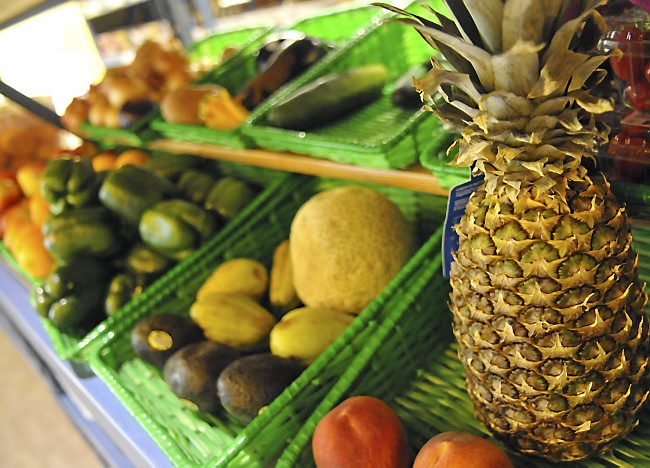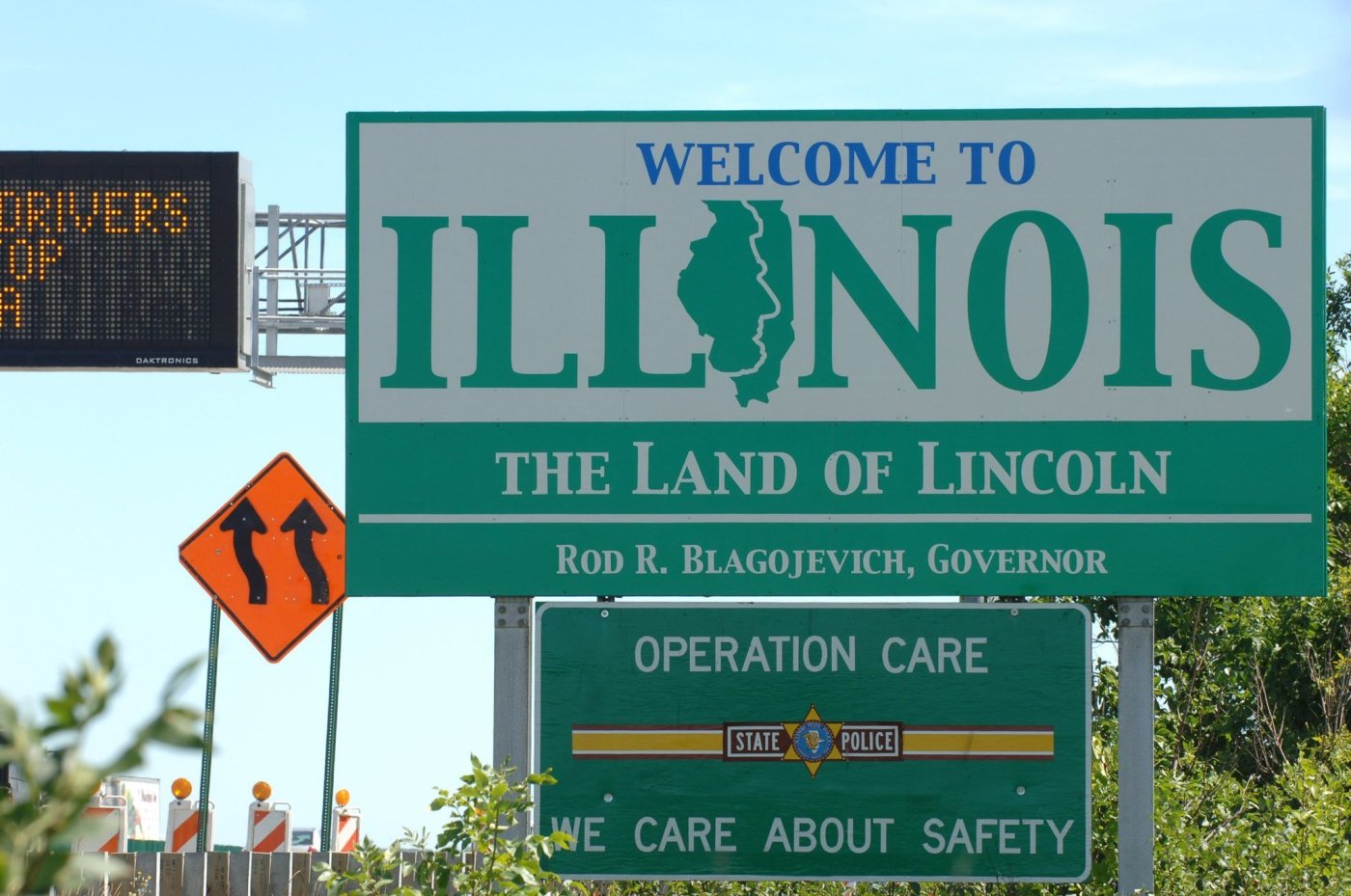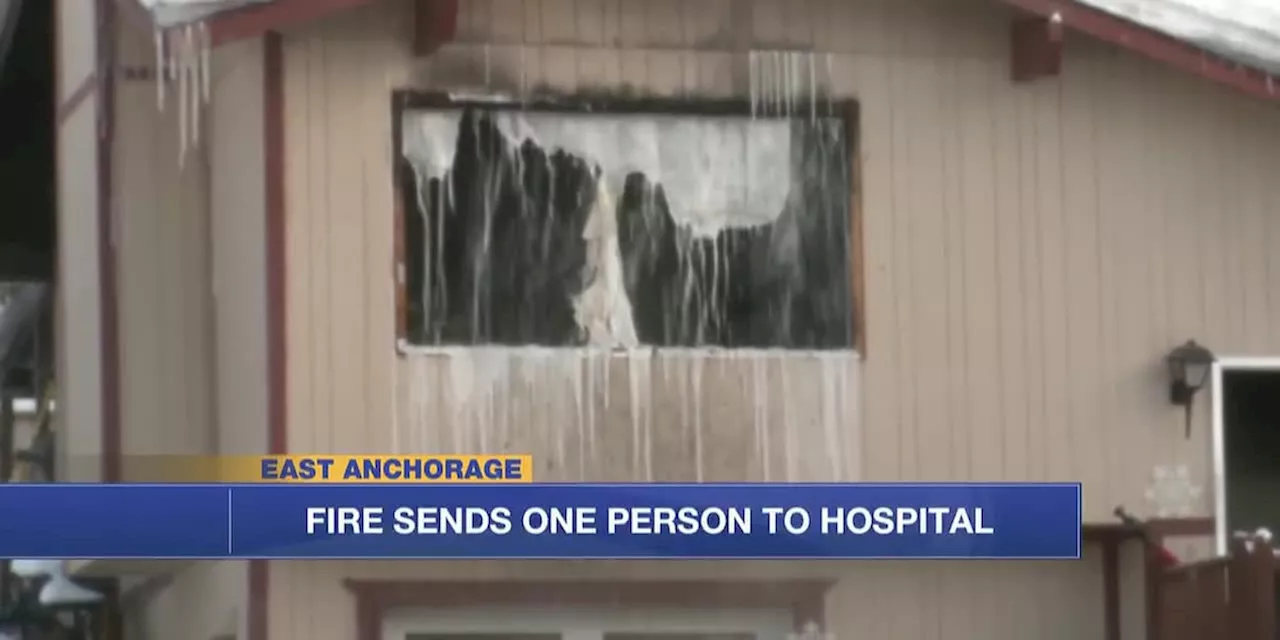
In a decisive move to combat food insecurity, the Washington County Board of Commissioners approved a one-time funding package of $250,000 for local food shelves serving the community. This decision comes shortly after the U.S. Department of Agriculture announced that no Supplemental Nutrition Assistance Program (SNAP) benefits would be distributed in November due to an ongoing government shutdown.
During a special meeting on October 26, 2023, the Board outlined how these funds would assist ten area food shelves that support approximately 10,400 residents in Washington County, representing about 5,000 households. Each household typically receives an average benefit of around $310 per month, or approximately $5 daily.
Local Nonprofits Brace for Increased Demand
Director of Community Services Jennifer Castillo emphasized the importance of this funding, stating, “While this is a challenging moment, we also see this as an opportunity to demonstrate our county’s ability to be nimble, respond quickly to crisis and compassionately.” The funding allocation aims to address the growing number of families in need, particularly those impacted by the federal shutdown, including federal workers facing furloughs or working without pay.
Among the nonprofits receiving support is Open Cupboard, which operates a drive-up grocery service and free market in Oakdale and Maplewood. Executive Director Jessica Francis reported a significant rise in demand, stating, “We had increasing numbers yesterday that were higher than the day before.”
The funding will be distributed as follows:
- Open Cupboard: $75,000
- Basic Needs: $37,500
- Valley Outreach: $37,500
- Family Pathways: $37,500
- Friends in Need: $18,750
- Hugo Good Neighbors: $18,750
- St. Andrew’s Community Resource Center: $6,250
- Community Helping Hands: $6,250
- Mahtomedi Area Food Shelf: $6,250
- Scandia Marine Food Shelf (Elim Lutheran Church): $6,250
The allocations were determined based on the organizations’ sizes, traffic volumes, and proximity to households receiving SNAP benefits. This initiative supplements a recent announcement by Governor Tim Walz, who unveiled $4 million in state aid for food shelves.
Community Response and Regional Challenges
Across Minnesota, other counties are also mobilizing to address the needs arising from the SNAP disruptions. In Dakota County, officials are urging residents to support local food shelves through donations and volunteer work. County spokesperson Mary Beth Schubert stated, “Knowing how this will affect communities, Dakota County is aggressively encouraging our residents to support our local food shelves.”
A recent social media post from Dakota County highlighted the urgency of the situation: “About 10,000 residents will not receive SNAP benefits in November. Local food shelves are already seeing increased requests for help.” The post encouraged community members to contribute in any way possible, reinforcing the message that every action counts.
In Ramsey County, officials have yet to announce specific plans to address the food security crisis. Nonetheless, Catholic Charities is providing free community meals and other services at its Dorothy Day Place campus, which serve as a vital resource for those in need.
As these local efforts unfold, a federal judge in Boston is weighing a request from 25 Democratic-led states, including Minnesota, to ensure continued funding for SNAP. U.S. District Judge Indira Talwani expressed concerns about the implications of funding cuts, stating, “If you don’t have money, you tighten your belt. You are not going to make everyone drop dead because it’s a political game someplace.”
With the stakes high for thousands of families, local governments and organizations are working tirelessly to address immediate needs while advocating for long-term solutions to food insecurity.






